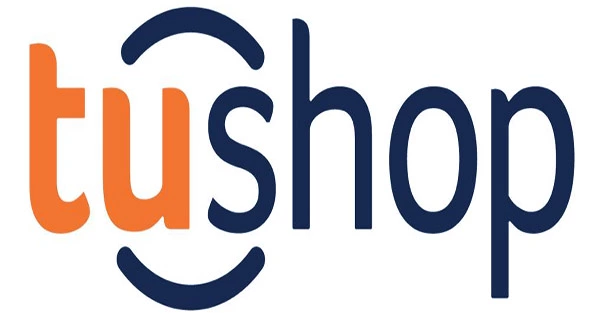Tushop, a Kenyan social-commerce platform that facilitates group purchase of fast-moving consumer goods (FMCGs), is preparing to expand throughout Nairobi following a $3 million pre-seed financing led by 4DX Ventures. Tushop, which was founded last year by Cathy Chepkemboi, who is also the CEO, relies on community leaders to collect orders from their neighbors and assist with last-mile delivery.
Each community leader has a virtual store where neighbors may make orders, which Tushop collects and sends in bulk to manufacturers or other suppliers, such as farmers. Even with the brokers collecting sales fees, Chepkemboi claims that this structure saves customers up to 60%. Before extending to the rest of Kenya, the firm intends to build its business in Nairobi, Kenya’s capital.
“We’re going to expand across Nairobi, and because it’s such a high-volume operation, we’ll need more warehouses and delivery vehicles right now.” To make the experience even better, we’re hiring and strengthening our technology and our agents’ channels,” Chepkemboi told TechCrunch. JAM Fund, Breyer Capital, Chandaria Capital, TO Ventures, Golden Palm Investments, FirstCheck Africa, and DFS Lab were among the investors in the startup’s most recent round. Wasko (previously Sokowatch) also joined as a strategic institutional investor for the first time.
Flutterwave CEO Olugbenga Agboola, Logos Ventures founder Raja Kaul, Apollo Agriculture CEO Eli Pollak, and Chipper Cash director of growth Ida Manneh were among the angels investors in the round. “We believe Tushop’s market opportunity is enormous, and that Cathy is the perfect founder to pursue it, given her in-depth knowledge of the industry and remarkable execution and development thus far.” 4DX Ventures managing partner Peter Orth remarked, “We’re happy to join such a great team of other investors and consultants to help Tushop become the dominant leader in group-buying across Africa.”
Following her resignation from Unilever [Kenya and the United Kingdom], Chepkemboi founded Tushop and Moko, a furniture company in Kenya. She claims she first saw the fragmentation in Kenya’s retail industry while working for Unilever, and those logistics were one of the difficulties that contributed to the country’s high cost of vital commodities. In Kenya, wholesalers who source items from producers set the price, which is frequently exaggerated by distributors and retailers.
“I was out in the field delivering stuff, so I could observe what was going on.” I could also tell right away that if we had direct touch with the client, the cost would be reduced and we would be able to offer more focused promotions and marketing. This led to what we’re doing now, which is buying from manufacturers and selling directly to customers,” said Chepkemboi, who studied international relations at Penn.
“We deliver economical, high-quality items on time, including fresh vegetables,” says the company. We’re able to do so by collaborating with neighborhood leaders who collect orders from neighbors and oversee last-mile delivery. Our core proposition is to provide our consumers with a more cost-effective and easy way to shop. “We are less expensive than retail,” she stated. Tushop is the latest addition to Kenya’s increasing roster of entrepreneurs revolutionizing the retail sector. Marketforce, for example, has developed the RejaReja app, which allows informal traders to order and pay for products online.
Wasoko, which operates in the same space as RejaReja, distributes FMCG from suppliers to retailers. RejaReja, unlike Wasoko, is an asset-light distribution platform, meaning it does not own capital assets such as warehouses or delivery vehicles; they are provided by its partners, which include manufacturers and distributors. Tushop is one of Kenya’s first social commerce websites, procuring items directly from producers, including fresh fruit, and delivering them to customers.
















